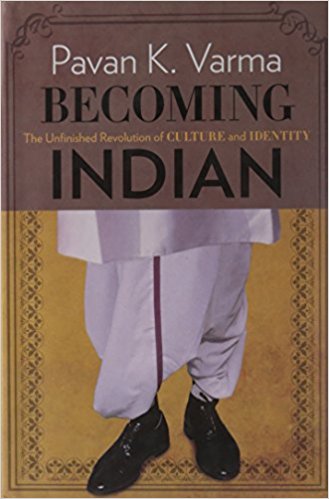About 10 years ago Pavan K. Varma wrote The Great Indian Middle Class, in which he lamented the fact that this class had forgotten the virtues of nationalism and social concern which inspired it during the freedom struggle and in the years after Independence, and how it so easily abandoned itself to the easy, amoral and hedonistic ways of a market economy. In Becoming Indian, Varma laments the cultural alienation of this class as part of modernizing itself under colonial aegis. It might appear that with his latest polemic, he is deepening the critique that he mounted in the other book and that there is no contradiction between the two. There is a lot more ambivalence if not contradiction in Varma’s perception of the sense of values that he identified with the middle class in the earlier account. He is raising questions about modernization and westernization. He does it through his trenchant criticism of English language and manners that the Indian middle class has imbibed as part of its growing up into modernity.
Varma’s anger, anguish, sadness and nostalgia are indeed familiar and it has been stated and restated eloquently and crudely by social conservatives, right-wing nationalists and religious reactionaries. His is a nuanced meditation from a liberal’s perch, taking the risk of ruthlessly questioning many of the liberal shibboleths about modernity. He is never in danger of slipping from the intellectual precipice where he is situated. Varma will get a patient hearing from his fellow-English speaking liberals of modern India’s middle class.

